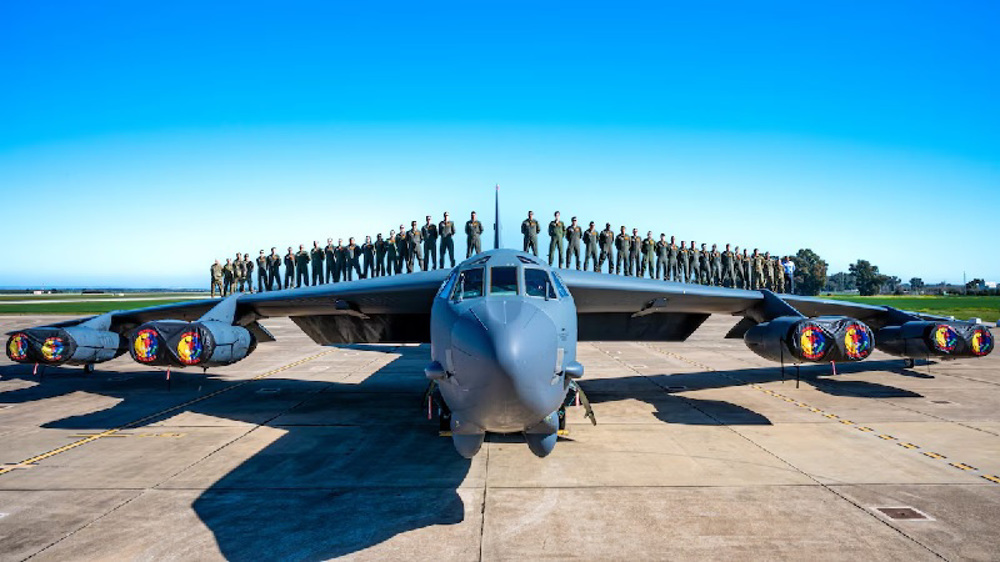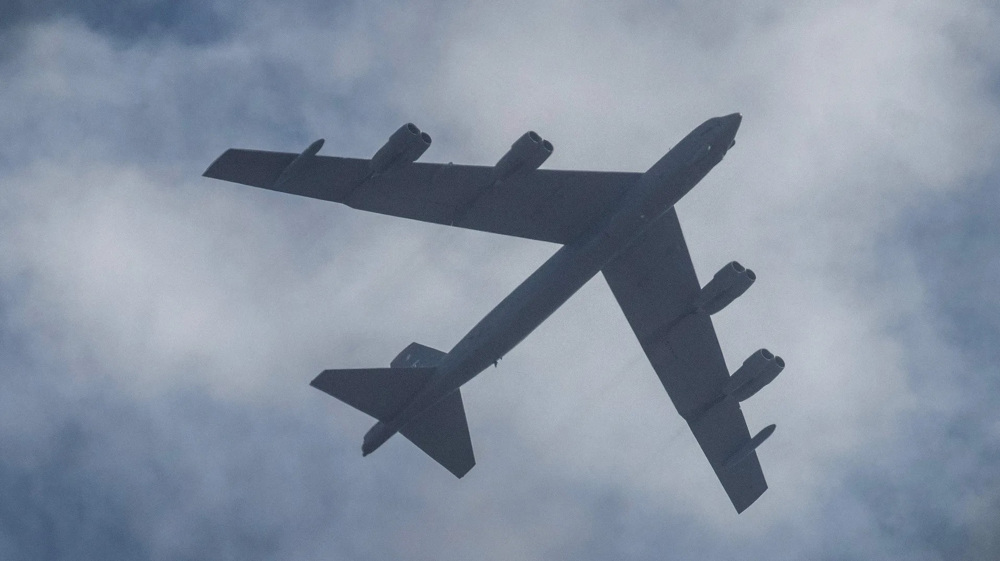US using new naval command for South China Sea operations
The US Navy has for the first time used a command center on the American soil to conduct its operations in the South China Sea, according to a report, an indication that Washington plans to bolster its presence in the region.
The USS Decatur guided missile destroyer, which sailed close to Chinese islands in the sea last Friday, was under orders from the Navy’s Third Fleet headquarters in San Diego, the Reuters reported Tuesday, citing two sources who spoke on condition of anonymity.
According to the report, this was the first time that the operation was being controlled directly from the US soil, instead of the US Navy’s Seventh Fleet command in Japan.
“It is the first iteration of what will be a more regular operations tempo,” said one of the sources, who was familiar with the goals of the reorganization.
The move allows the US to carry out simultaneous missions on two fronts in Asia, one source said, pointing to the Korean peninsula and the Philippines as examples.
Following last week’s mission, Commander Ryan Perry, a spokesman for the Third Fleet in San Diego, confirmed the change of commands, noting that the San Diego base would control future operations by the three-ship Surface Action Group (SAG) that was deployed to the South China Sea six months ago.

Last year, US Pacific Fleet Commander Admiral Scott Swift had hinted at abolishing an administrative boundary that separated the Third and Seventh fleets.
Before that, Third Fleet vessels crossing the line had to take orders from the Seventh Fleet headquarters.
American military officials had told Reuters earlier this year that more Third Fleet ships were on their way to East Asia.
The US has long sought to limit China’s growing maritime influence in the sea, over most of which Beijing claims sovereignty.
Additionally, the US has reached to the sea’s neighboring nations, who have overlapping claims with regards to the sea, through which $5 trillion in ship-borne trade passes annually.
China does not look favorably upon the US military’s presence in the region, saying Washington is only there to stir regional tensions.
Putin says not opposed to Europeans’ involvement in Ukraine talks
VIDEO | Iranian Kurdish protesters demand European action against PKK, PJAK terror
VIDEO | Israel expands offensive in northern West Bank, deploys tanks to Jenin
VIDEO | Spaniards fill streets of Cádiz in solidarity with Palestine
VIDEO | ‘Genocidal war left al-Shati camp in ruins’
VIDEO | Palestinian female journalists in West Bank face Israeli threats
VIDEO | School starts in Gaza despite challenges caused by war
Danish police arrest 20 people protesting to stop military shipment to Israel










 This makes it easy to access the Press TV website
This makes it easy to access the Press TV website